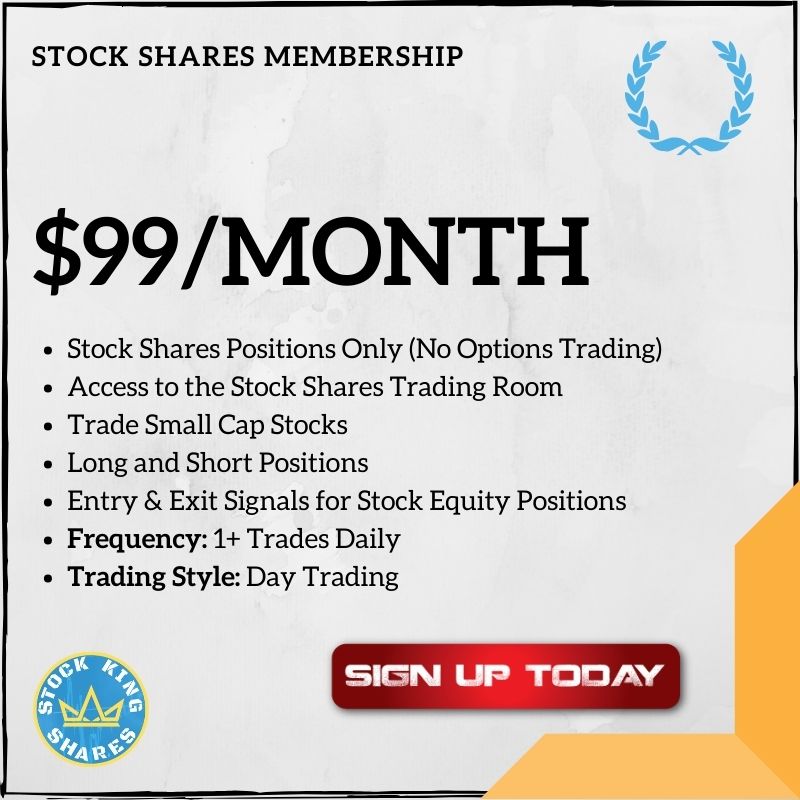
Stock market and options trading are two interconnected financial markets that share many similarities, but they also have some differences. If you are a part of this field, you should know how similar and different things are. You can learn about these similarities and differences from our stock options channel.
Similarities
Buying and selling securities
One of the basic similarities between the stock market and options trading is that they both involve buying and selling securities. In the stock market, investors buy and sell shares of stocks, but on the other hand, in options trading, investors buy and sell options contracts.
Analyzing the market
Another similarity between the stock market and options trading is that both require in-depth market analysis. In the stock market, investors analyze the financial health of the company whose stock they want to invest in and its overall conditions.
In options trading, investors also analyze the market conditions and the performance of the underlying security. In addition to the market, they also consider other factors, like expiry and volatility, which can affect the value of options contracts.
Both are risky
Both kinds of trading involve risk. In the stock market, the value of stocks can rise or fall on the basis of market conditions and company performance. But, in options trading, the value of options contracts can also rise or fall based on market conditions and other factors.
Both markets require investors to be aware of the potential risks and take steps to eliminate them, such as diversifying their portfolios, setting realistic goals, and using stop-loss orders.
Rewarding endeavors
The final similarity is that the stock market and options trading offer potential rewards. In the stock market, investors can make money by buying low and selling high or receiving stock dividends.
Similarly, investors can make money by buying and selling options in options trading. Investors who buy call options can make money if the underlying asset’s price increases, while investors who buy put options can make money if the underlying security’s price decreases.
However, it is noteworthy that both markets also have potential losses, and investors should be prepared to accept these risks.
Differences
Ownership vs. Contracts
The investment clause is one of the most significant differences between the stock market and options trading. In the stock market, investors buy and sell stock shares, which represents a company’s partial ownership. By owning stock, investors are entitled to a share of the company’s profits and a vote in corporate decisions.
On the other hand, options trading involves buying and selling options contracts that provide the right to buy or sell the underlying asset at a specific price and time. Options do not represent ownership in the asset but rather a contract to buy or sell it.
Risk vs. Reward
Another difference between the stock market and options trading is the level of risk and reward. While both markets have the potential for high returns, options trading is generally considered riskier than stock market investing. But why?
Options traders must navigate complex strategies and price movements and manage risks associated with time decay, instability, and liquidity. Stock market investors also face risks, such as market volatility, performance, and economic conditions, but have a better prospect of riding out fluctuations.
Flexibility vs. Stability
Options trading provides greater flexibility than stock market investing. Options traders can use various strategies, including hedging, speculating, and income generation. They can be traded differently, such as by buying or selling options, writing covered calls, and using spreads to minimize risks.
On the other hand, stock market investing is typically focused on long-term growth and stability. Investors often hold stocks for years or even decades, relying on the company’s financial performance and the overall market conditions to earn good returns
Liquidity vs. Volume
The stock market is generally more liquid than the options market, with higher trading volumes and more market participants. This means that investors can easily buy and sell shares of stock at fair prices.
Options trading, however, may have lower trading volumes and fewer market participants, making it more challenging to perform trades at fair prices. This can lead to wider bid-ask spreads, impacting the profitability of options trades.
Conclusion:
There were some similarities and differences between stock marketing and options trading. Now, whenever someone asks you about the difference or similarities, you can tell them everything in a jiff.




